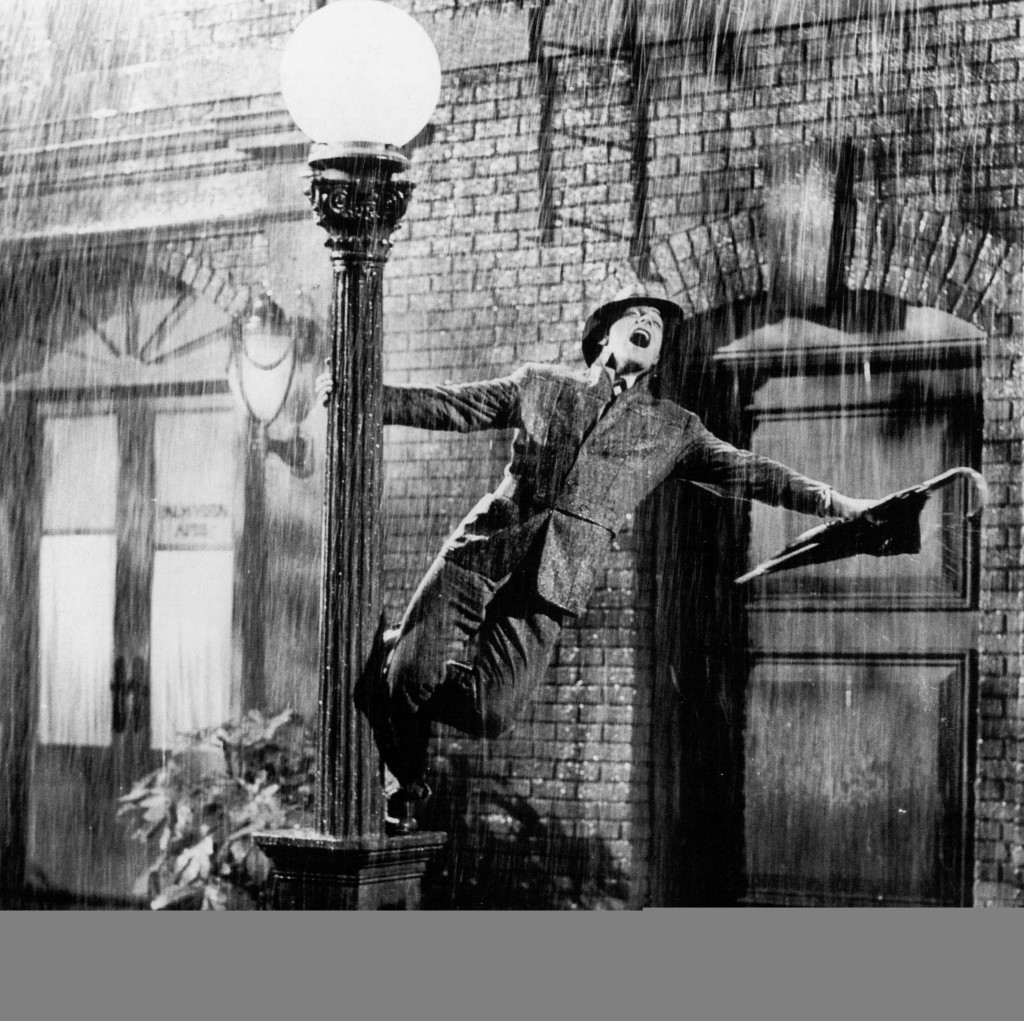I’m having a little trouble articulating this one. Maybe perhaps because I am included in the millennial accepted category of “undecided” where religion is concerned. Yet, I know enough to see the stark contrast between the dark atmosphere of Supernatural and the rather fuzzy Life of American Teenager. The only thing they seem to have in common is there inherent exploration into religion in our millennial society. On the one hand, with Supernatural you have what Prothero calls a “saturation of religious representations”, and the “immense pool of religious elements and religious narratives circulating in Western society”. There are elements of folk religion and urban legends such as the psychic ( who loses her eyes) and crystal ball reference we saw. Oh and there are ambiguous angels that appear evil but aren’t? That’s strange I thought angels were little cherubs with white wings. I was wrong! Its popular myths about religion put into a blender and then through the CW purée. There’s no one religious message operating here, instead its an exploration of our pop culture interest in religion and exploring the “what ifs” we may have. It’s certainly millennial as far as subject matter. We’re smart enough to get the inter textuality. But I’m interested in the seeming serialization/pop-culture aesthetic of the Bible. As the title of the episode references Lazarus, it engages both our knowledge of the Bible ( with the understanding that our views are diverse) and turns it into something a little “supernatural”. As Professor Stein states the process of “mediatization transforms religious ideas by using bits and pieces in new contexts” such as the angel Castiel as a less idealized cherub and darker figure who seems to want to help as he claims he is an angel of the Lord. But this challenges us to re think our understandings of religion, or was that popular culture? It appears, as though Supernatural seems to suggest to us that the lines between religion and culture have been blurred. Which is why we can make fanvids and accept the ridicule or gain followers. It’s a show that certainly challenges how we view the immersion of religion in culture. The underlying apocalyptic feel and inherent darkness of subject matter is definitely a way of engaging our beliefs in the “afterlife” or even the “ other world” and questions of morality.
As for the American Teenager…I sure hope that’s not what we consider the American Teenager. While on one hand the show tries to represent teenagers as highly sexualized or abstinent ( there are only extremes here), they are also kids at the end of the day and must always look to parents, or older generations for guidance ( see the new guidance counselor for example). There is no sense of independence that Strauss and Howe often articulate. Though the subject matter of sex and teens is nothing new. I mean MOLLY RINGWALD! Hey there 16 Candles and Breakfast Club- you were the American Teen! Now how have we changed? Ah yes Ringwald tells her daughter, “ youre only young once” as in, don’t wait til the end of the show to have sex! Start the show off with a pregnancy test, so that we show that this generation acts fast and regrets later. Or they don’t act at all, as displayed by Grace who invites everyone, “ There won’t be a sermon, I promise” but her lack of sex is a huge joke throughout the first episode , and even her religious background is subtly joked at. The kids, and I said kids, never explain what their values are on sex. We’re just supposed to accept them, and I’m not totally buying it. I’m not even sure if I’m supposed to belive the statistics about teen sex when they’re rattled off. Potential joke, and even a racist joke as the Asian girl rattles them off? I’m not sure. I just noticed it. Also couldn’t help as Adrian was seductively biting the apple of evoking an Eve-like temptress figure. Again, not so subtle on the religious bits. But I guess we should expect it from the same creators of Seventh Heaven. And as I think of 7th heaven I’m kind of shocked at how the kind of serial tv for teens has changed. Wow! The line about “you better not be suggesting she get an abortion” probably never would’ve ended up in 7th Heaven, but I was still surprised it was a preposterous idea while they seemed to parody religious sexual abstinence. They never would have seriously talked about sexual abuse in 7th heaven and that was the one thing I was surprised about. It gave the show a depth I was not expecting, and makes me interested in the highly sexualized drummer. So I guess for Millennials, the talk about sex is what’s revolutionary, but the teen sex itself isn’t. I was surprised however at the helplessness in which Amy was presented. She let her friends suggest a really terrible plan, and didn’t even confront the drummer boy. I’m a little ashamed as a millennial as to how the female aspect of the “relationship” is presented. The one thing that I found most striking however, is how the Jack questions to Adrian how can he be a Christian and a man? As if suggesting our media somehow have created a gap between the two. You have to pick one or the other: religion or masculinity. Thus what the show engages is our critical thinking on religion and sexuality. They cannot be viewed as separate in a millennial lens.


